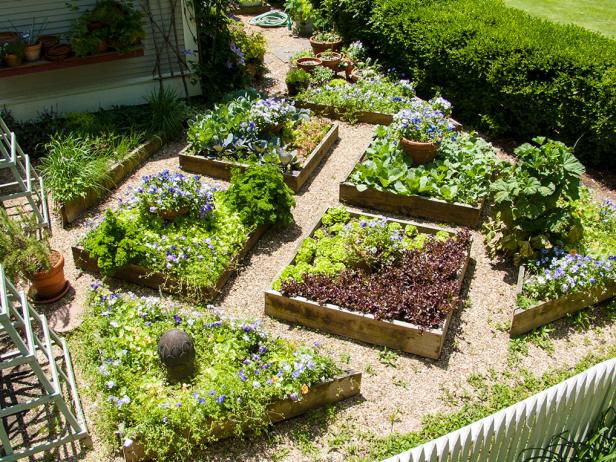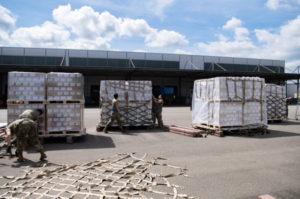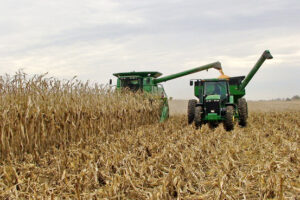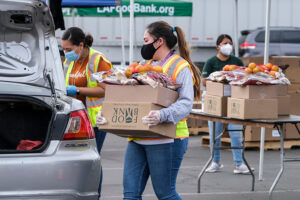A $1.5 million Food Security Planning Grant pilot program will award grants to local governments and redevelopment agencies. The grants are intended to leverage distressed assets like vacant buildings to improve food access for New Jersey’s Food Desert Communities.
The New Jersey Economic Development Authority Executive Vice President Tara Colton told The Center Square NJEDA is asking community members to identify distressed assets such as boarded-up old stores, vacant warehouses, or empty lots.
Those assets could be transformed into food co-ops or places where farmers deliver their produce for pickup, in order to support food security, Colton said. Vacant land could become a community garden.
Program officials recognize that community members have the best perspective on local needs. So, community members are being asked to propose ideas to leverage these distressed assets into something that feeds the community and serves a need, as opposed to being an eyesore, she said.
Colton anticipates the NJEDA will award between 12 and 20 grants, ranging from $75,000 to $125,000.
“We have been approved to deploy up to $240 million in resources to combat food insecurity and alleviate food deserts throughout New Jersey,” she said.
The authority made this a pilot program to learn how to best deploy those resources to meet the needs the communities see, Colton said.
A need exists for these programs. Approximately 763,000 people, or 9% of the population, reported being food insecure in New Jersey in 2019, Lisa Pitz, assistant director of Hunger Free New Jersey, told The Center Square.
“We know that those numbers are likely higher as a result of the pandemic and continued sort of economic ripple effect of that,” Pitz said.
The price of food and everything else has increased substantially as well, she said.
Food pantries say the demand for food assistance remains high, Pitz said.
Under Democratic Gov. Phil Murphy’s leadership, the NJEDA’s goal is to develop a toolkit to improve access to food and food security. Other programs include providing tax credits for retailers to open supermarkets and grocery stores in communities that historically have not had those kinds of retailers, Colton said.
The NJEDA also wants to strengthen smaller or under-resourced community assets that might need help getting freezers, or help them build the necessary technology to tap into the growing trends surrounding online grocery shopping, she said.
Some food desert areas have no large grocery store chains, only convenience stores or corner stores that lack healthy options, Pitz said.
“We have been trying to convene some meetings between the folks at NJEDA and these community groups of stakeholders so that they can learn more about the Food Desert project, but also weigh in on what they think would be potential solutions to that issue in their community, because of course that’s going to look different than ever,” she said.
One model to get food to people is a hub-and-spoke operation, with one main store or warehouse, Colton said. Then, a pickup location like a freezer locker would be placed there so residents can grab and take their grocery items.
A separate but related program, Sustain and Serve New Jersey, offers grants to nonprofit organizations. The nonprofits use those funds to make bulk purchases of meals from local restaurants and distribute the meals for free, she said. The governor announced the $2 million pilot program approximately a year ago.
“It has been such a success and is now on track to be a $45 million program, with about four and a half million meals purchased,” Colton said.
This article was originally posted on New Jersey wants communities to identify assets ‘to combat food insecurity’






Be First to Comment